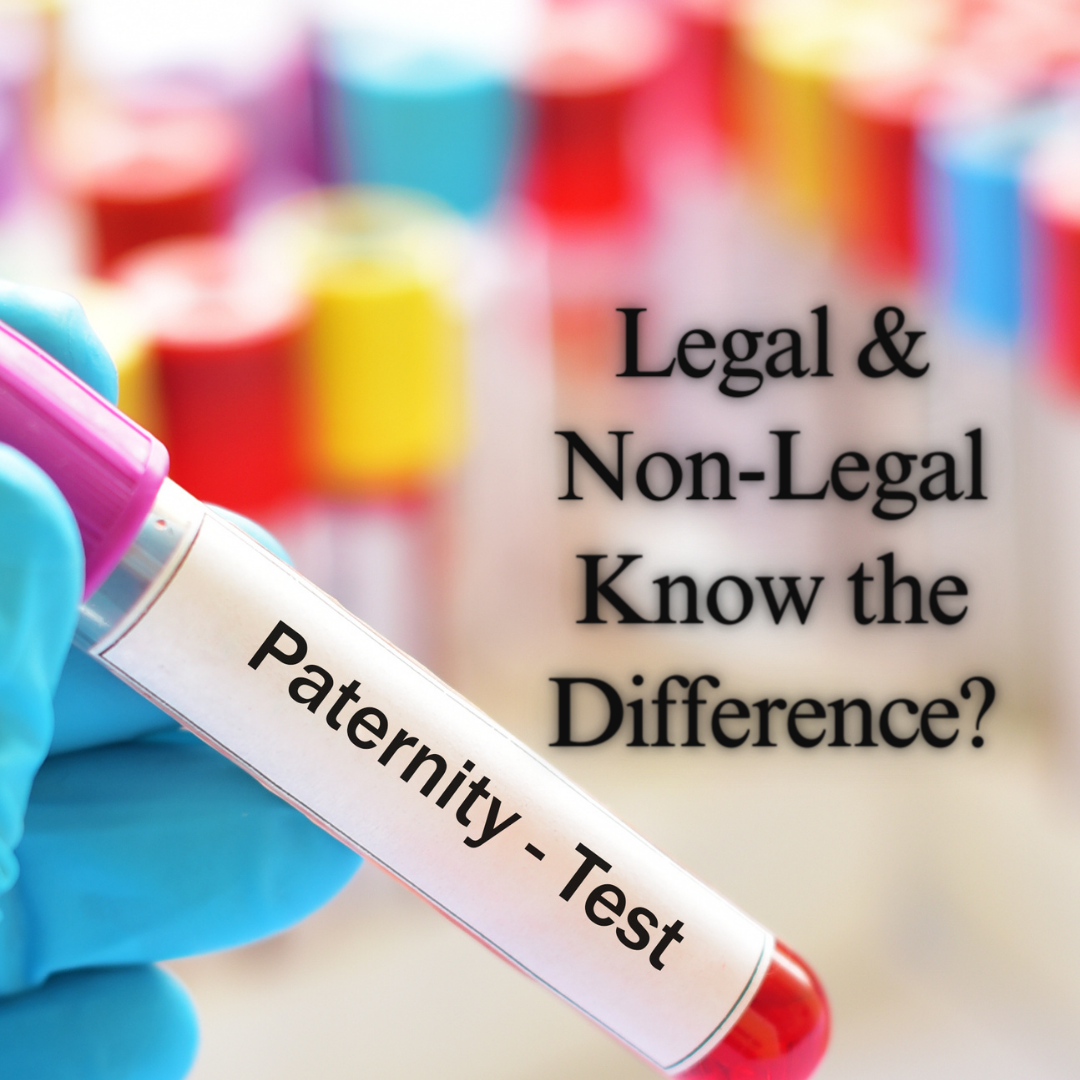In recent years, DNA testing has surged in popularity, offering insights into ancestry, health traits, and familial connections. However, not all DNA tests are created equal. Understanding the distinction between legal and non-legal DNA testing is crucial for making informed decisions. Let’s delve into the differences and implications of each.
Legal DNA Testing:
Legal DNA testing, also known as court-admissible or chain-of-custody testing, follows strict protocols to ensure accuracy and reliability. These tests are typically conducted in certified laboratories and involve a rigorous process to maintain the integrity of the samples and the results.
Key Features of Legal DNA Testing:
-
Chain of Custody: Legal DNA testing requires a documented chain of custody to track the handling of samples from collection to analysis. This ensures that the results can be used in legal proceedings.
-
Accredited Laboratories: Tests are performed in accredited laboratories that meet stringent quality standards set by regulatory bodies.
-
Strict Protocols: Procedures are followed meticulously to prevent contamination and errors, minimizing the risk of inaccurate results.
-
Admissibility in Court: Results from legal DNA tests are admissible in court, making them suitable for cases involving paternity disputes, child custody, immigration, and inheritance claims.
Non-Legal DNA Testing:
Non-legal DNA testing, on the other hand, is conducted for informational purposes and does not adhere to the same stringent standards as legal testing. These tests are often marketed directly to consumers for insights into ancestry, health predispositions, and genetic traits.
Key Features of Non-Legal DNA Testing:
-
Convenience: Non-legal DNA tests are typically more accessible and affordable than their legal counterparts, allowing individuals to explore their genetic heritage without the need for legal validation.
-
Ancestry and Health Insights: These tests provide valuable information about ancestry composition, genetic predispositions to certain health conditions, and traits such as hair color, eye color, and more.
-
Privacy Considerations: While non-legal tests may offer insights into one's genetic makeup, privacy concerns arise regarding the use and storage of genetic data by testing companies.
-
Not Admissible in Court: Results from non-legal DNA tests are not suitable for legal purposes and cannot be used as evidence in court proceedings.
Making Informed Choices:
When deciding between legal and non-legal DNA testing, it's essential to consider your specific needs and objectives. Legal testing is necessary for matters requiring court admissibility and official documentation, such as paternity disputes or immigration cases. Non-legal testing, on the other hand, offers flexibility and convenience for exploring personal ancestry and health insights.
Regardless of the type of DNA test chosen, it's crucial to research the testing provider, understand the terms and conditions, and consider the implications of sharing genetic information. By making informed choices, you can unlock the fascinating world of DNA testing while ensuring accuracy, reliability, and privacy.

